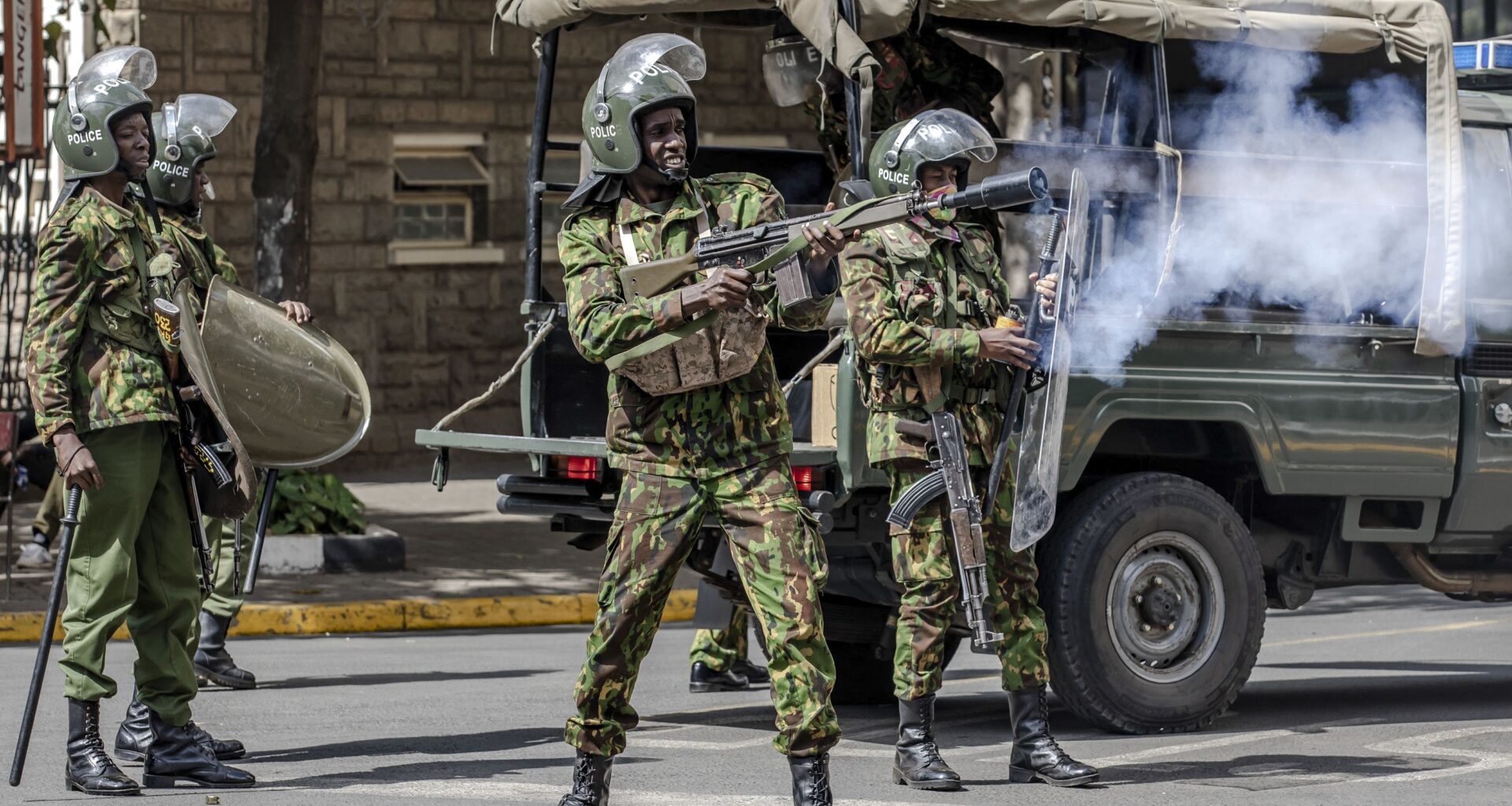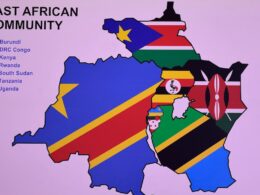NAIROBI, Kenya – The doctrine of command responsibility, rooted in international humanitarian law, holds that both police/military and non-military commanders can be held criminally liable for crimes committed by their subordinates. This liability applies as if the commanders themselves had personally committed the offenses. The concept, deeply rooted in historical precedents, serves as a potent reminder to Kenyan police officers of their accountability while maintaining law and order.
The Nuremberg Trials, held after World War II, are a poignant example of these principles in action. High-ranking officials of the Third Reich, including Hermann Göring, Rudolf Hess, and Joachim von Ribbentrop, amongst others, were held accountable for conspiracy, crimes against peace, war crimes, and crimes against humanity. This highest echelon of command responsibility highlighted that leaders could not escape culpability for their actions and orders.
Furthermore, enforcers of these cruel policies, such as Ivan the Terrible at the Treblinka extermination camp, Frantz Wolf and 11 others at the Sobibor extermination camp and SS commandants like Karl Otto Koch and his wife Ilse Koch, were also prosecuted.
These individuals, some without formal positions of power, were found guilty of atrocities committed during the war. This historical precedent demonstrates that both direct perpetrators and those in command positions bear responsibility for unlawful actions.
In Kenya, these doctrines of responsibility are not merely historical footnotes but active legal principles. The tragic case of Baby Pendo, who lost her life during post-election violence in 2017, brought this to the forefront. Police officers involved were prosecuted, demonstrating that those who inflict harm on civilians will face justice.
The case of Willy Kimani, a human rights lawyer brutally murdered by police officers, further cemented this principle. The court handed down severe sentences to the officers involved, reinforcing the message that individual responsibility cannot be shirked.
Similarly, the ongoing pursuit of justice in the case of Carlton Maina, a young man allegedly killed by police, illustrates that the principle of individual responsibility is being rigorously applied. Moreover, the Independent Policing Oversight Authority (IPOA) is urged to investigate the recent killings of peaceful protesters, ensuring that those responsible, including commanders, are held to account.
The doctrine of command responsibility mandates that not only the officer who directly commits an act but also their supervisors, from the officer in charge of a riot to the Officer Commanding Station (OCS), Officer Commanding Police Division (OCPD), all the way up to the Inspector General and the Minister of Interior, are accountable for the actions of their subordinates. This chain of accountability is essential in preventing abuses and ensuring that law enforcement operates within the bounds of the law.
As Kenya continues to grapple with instances of police brutality and enforced disappearances, it is imperative that law enforcement officers understand and internalize these principles. Peaceful protests are a fundamental right, and any use of violence against protesters is a violation of this right. Officers must exercise restraint and adhere strictly to the law.
The lessons from history and recent Kenyan cases highlight a clear mandate: accountability at all levels of command. By appreciating these principles, Kenyan police can build trust within the community and uphold the values of justice and human rights.
In conclusion, Officers must recognize that their actions, whether direct or through orders, carry significant legal consequences. By adhering to these principles, law enforcement can better protect human rights and ensure justice for all. The commitment to these doctrines is instrumental in preventing abuses and ensuring that those who commit crimes are held accountable, building a more just and equitable society.
Thuku Mburu is a Lawyer and Programme Officer at the Kenyan Section of the International Commission of Jurists (ICJ Kenya).











